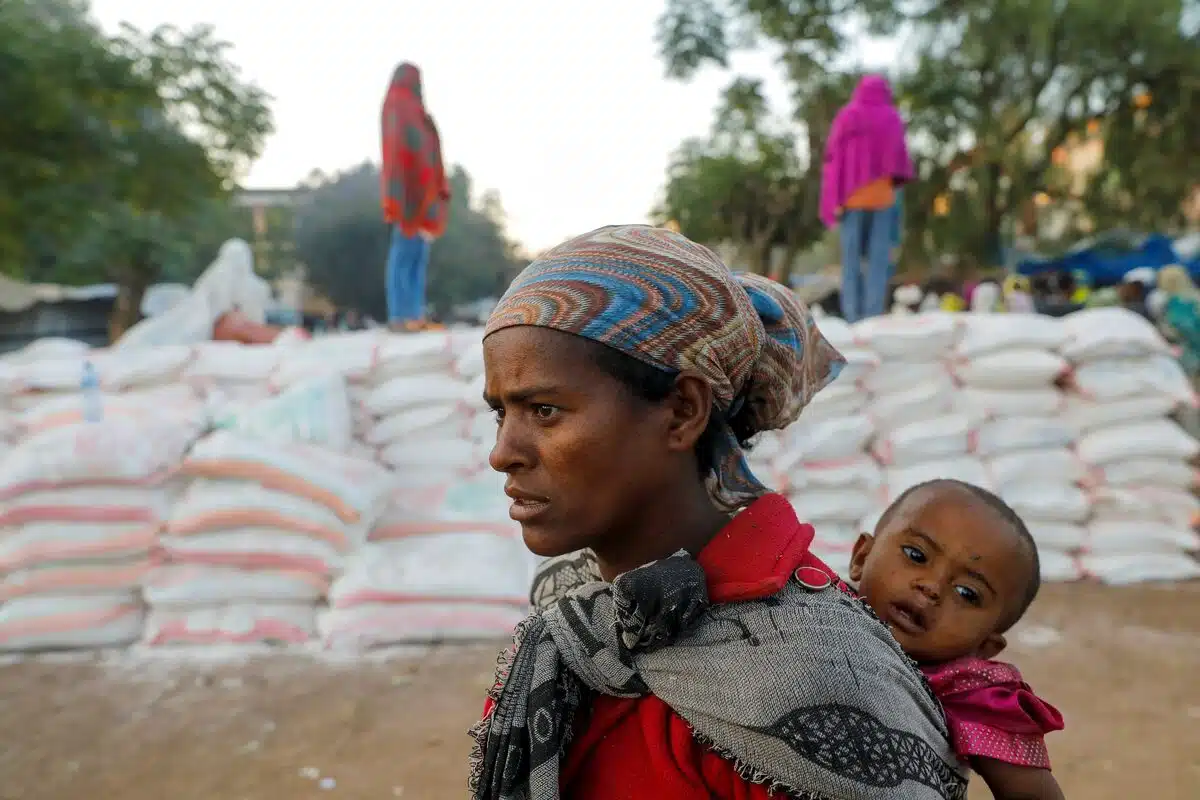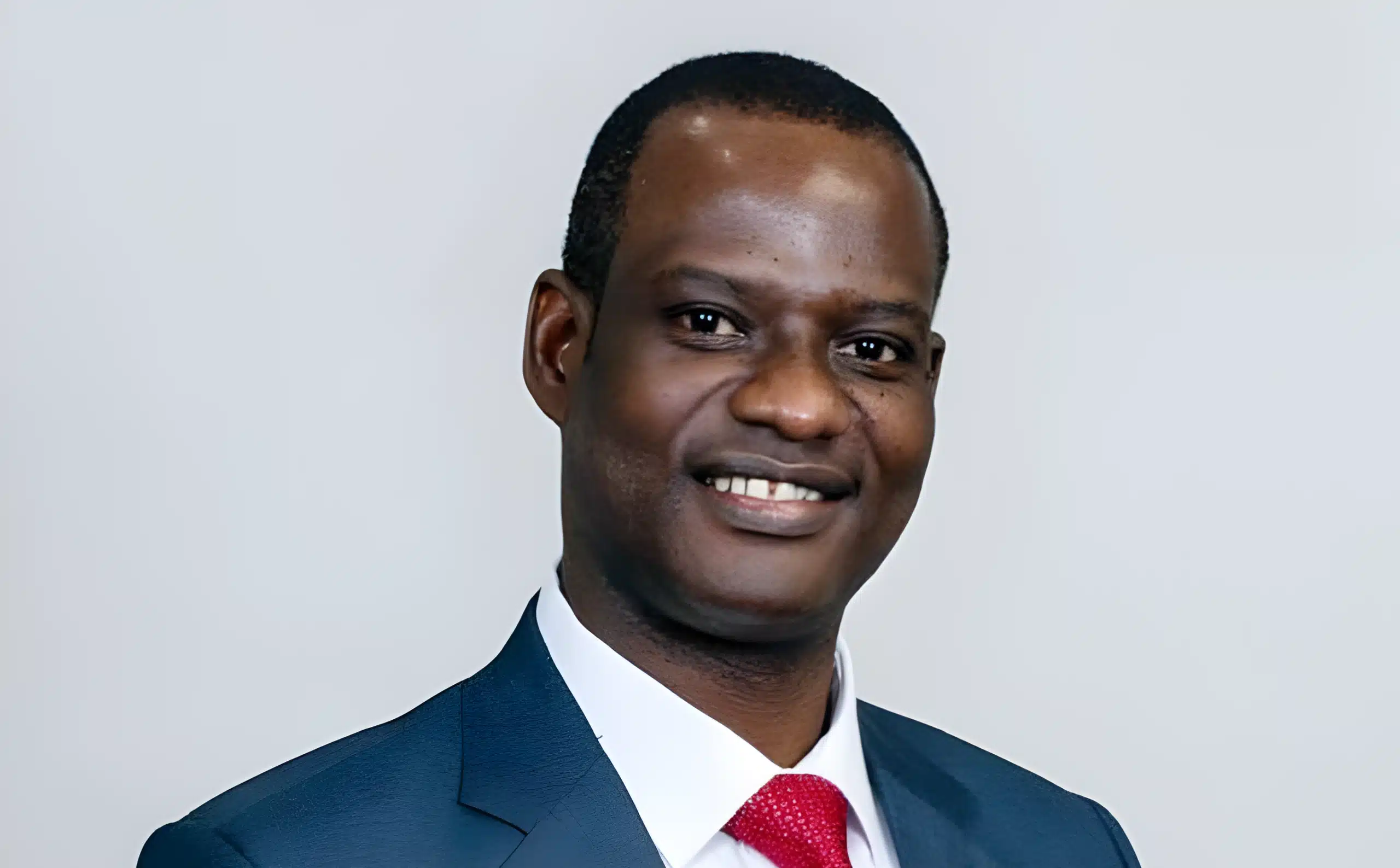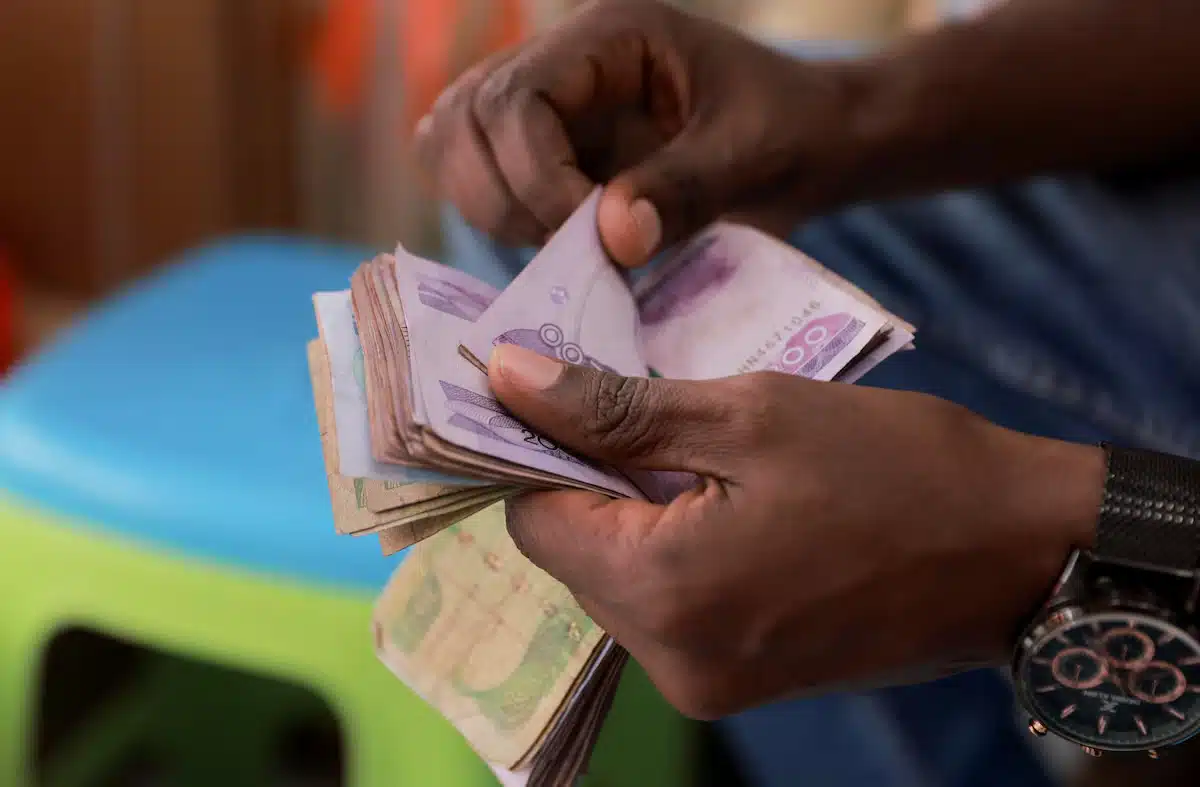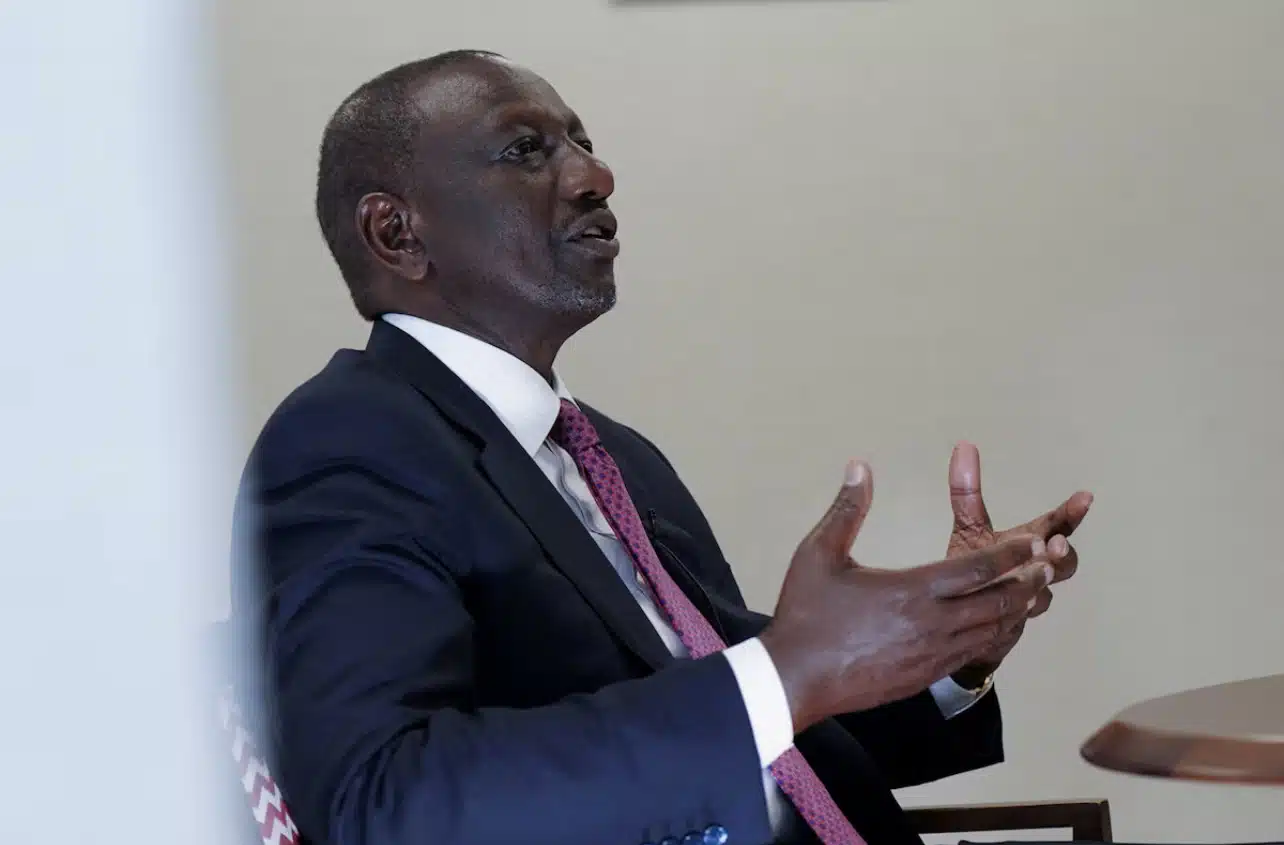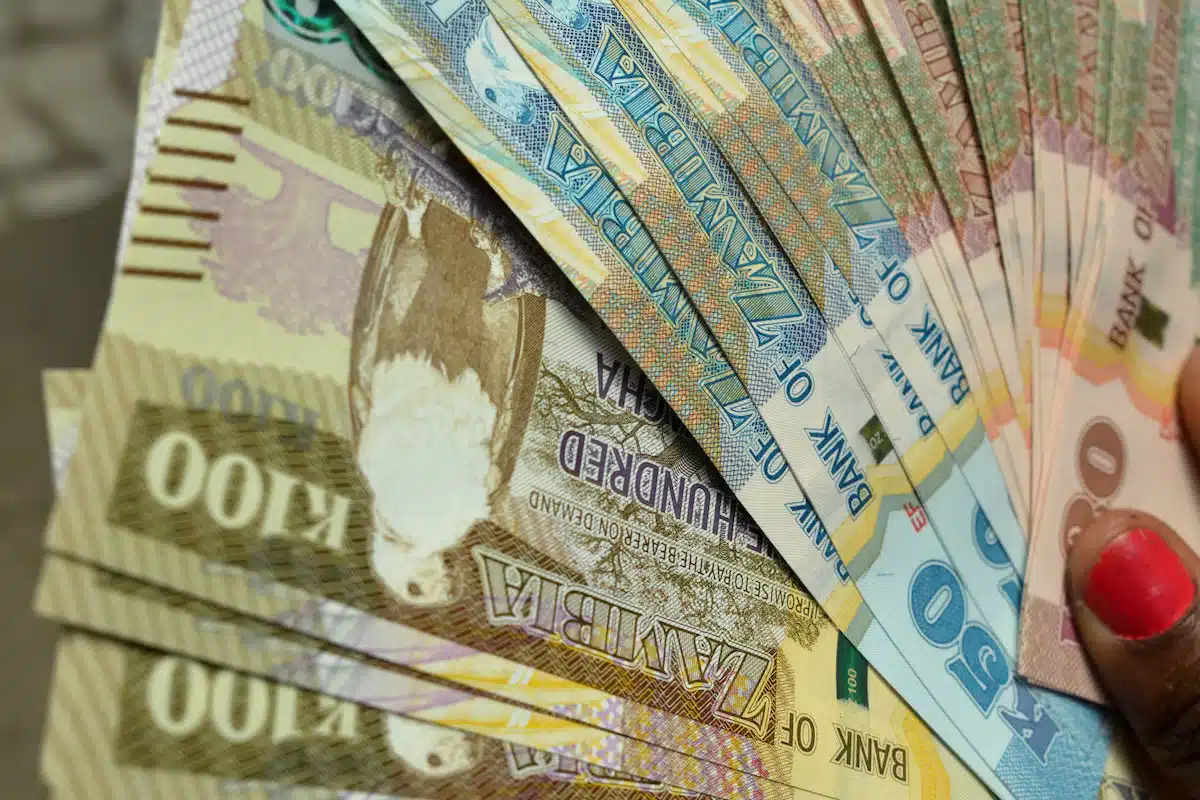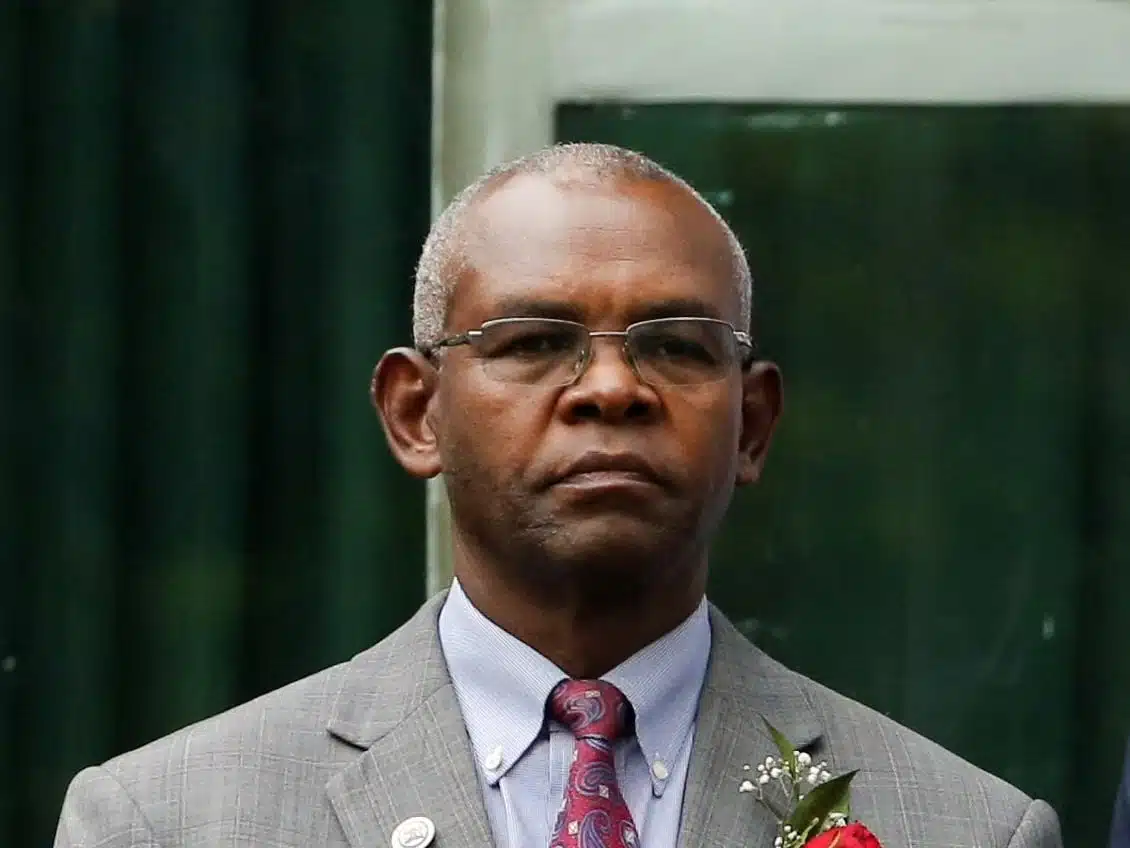The International Monetary Fund’s (IMF) suspension of a $1.8 billion funding programme in Senegal is forcing the country to ramp up borrowing from regional debt markets.
This increased borrowing comes as the West African nation grapples with the fallout from a major misreporting scandal involving critical economic data.
On Wednesday, The IMF acknowledged Senegal’s recent efforts to improve tax compliance and reduce reliance on external financing as “positive steps” that could bolster fiscal sustainability and economic resilience.
However, the fund made clear that these initiatives will not affect the handling of the ongoing misreporting case that led to the suspension of disbursements.
“The IMF welcomes the Senegalese government’s efforts to enhance domestic revenue mobilization. These initiatives can support fiscal sustainability and strengthen economic resilience,” an IMF spokesperson said.
“While the reported ambition to fund expenditures through internal resources is a positive step, it does not directly impact the ongoing process to resolve the misreporting case.”
The funding freeze dates back to 2024, when an audit commissioned by President Bassirou Diomaye Faye revealed that the previous administration had significantly understated Senegal’s debt and budget deficit.
Economy Minister Abdourahmane Sarr had in September 2024 disclosed that the 2023 deficit stood at over 10%, nearly double the 5% figure reported earlier.
Since the suspension, Senegal has not received any IMF disbursements, which has compounded fiscal pressures and delayed the country’s plans for a new agreement.
The IMF recently stated that it would not decide before May 2025 whether Senegal must repay funds already disbursed, casting doubt on the government’s aim to secure a new programme by June.
The impact on Senegal’s financial markets has been glaring.
Its dollar-denominated bonds have suffered the worst performance among African issuers this year, dropping 7.3% according to the JPMorgan bond index, while African peers averaged gains of 3%.
Faced with the funding shortfall, Senegal has turned to regional debt markets for financing, issuing a $709 million bond in April alone.
This move has drawn sharp criticism from opposition parties demanding greater transparency around the country’s debt management.
Despite these challenges, Prime Minister Ousmane Sonko expressed confidence in Senegal’s ability to manage its finances without external assistance.
“Good tax reform… can help us withstand the 250 billion CFA francs ($437.64 million) that the IMF gives us every year,” Sonko said, highlighting plans to boost tax compliance and reduce dependency on foreign financing.
The prime minister’s office has not responded to requests for further comment, Reuters reports.
Meanwhile, the IMF reaffirmed its commitment to working with Senegal to resolve the misreporting case promptly. “The Fund is dedicated to securing an acceptable resolution as soon as possible,” the spokesperson added.
Senegal’s ongoing funding freeze and increased reliance on regional debt underscore the challenges facing the West African nation as it seeks to restore fiscal credibility and regain access to international financial support.



